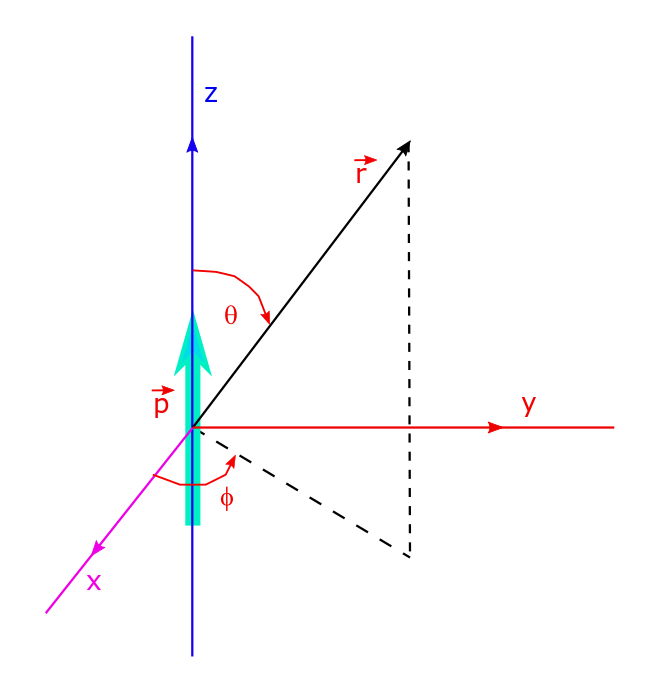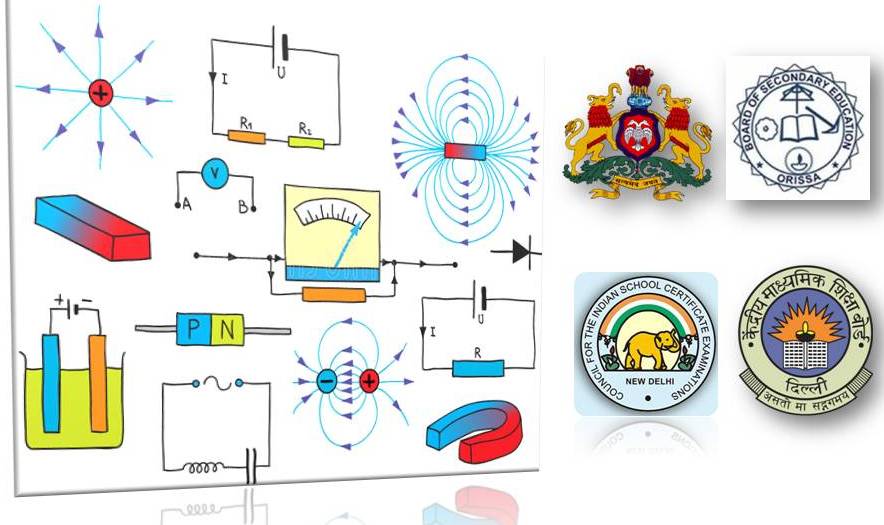Tag: electric dipole
-

Electric Dipole: Potential And Electric Field Due To Dipole, Lecture-9.
An electric dipole is a system of two equal and oppositely signed charges +q and -q separated by a distance d. Atomic phenomena can often be modelled in terms of dipoles, so its important to study the dipole in detail. The electrostatic potential for such an arrangement (i.e. a dipole) can easily be written; Its…
-

I.S.C. Board Question Paper. Physics, Class XII – 2009 ( C.I.S.C.E. )
Question 1 Answer all question briefly and to the point. (i) Explain the statement ‘relative permittivity of water is 81’. (ii) Draw (at least three) electric lines of force due to an electric dipole. (iii) Find the value of resistance X in the circuit below so that the junction M and N are at the…
-

Physics midterm exam, for class XII (ISC-II) for C.I.S.C.E. board.
PART-I Total 10 marks Each question carries 1 mark. Answer all. (10) Question 1 [Objective, 10 X 1] (a) Which of the following drops faster? A. an electric dipole‘s electric field B. an electric dipole‘s electric potential C. a point charge’s electric field D. a point charge’s electric potential
-

Physics midterm, for class XII, for C.B.S.E. and State boards.
Question 1 Which of the following drops faster? A. An electric dipole’s electric field B. An electric dipole’s electric potential C. A point charge’s electric field D. A point charge’s electric potential Question 4 Chose the correct one A. Kirchhoff’s loop rule is applied to a junction of incoming and outgoing current? B. According to…
-

Physics Preparatory Test for Quarterly, Class XII, –I
Question 1 What’s the work done to take a charge Q on a circular voyage, on an equipotential surface? A. Zero B. Depends on radius of circle C. Depends on distance from center of equipotential surface D. Q/epsilon_0 Rutherford’s atomic model is based on which fact A. Geiger Marsden scattering of alpha-{particles}…